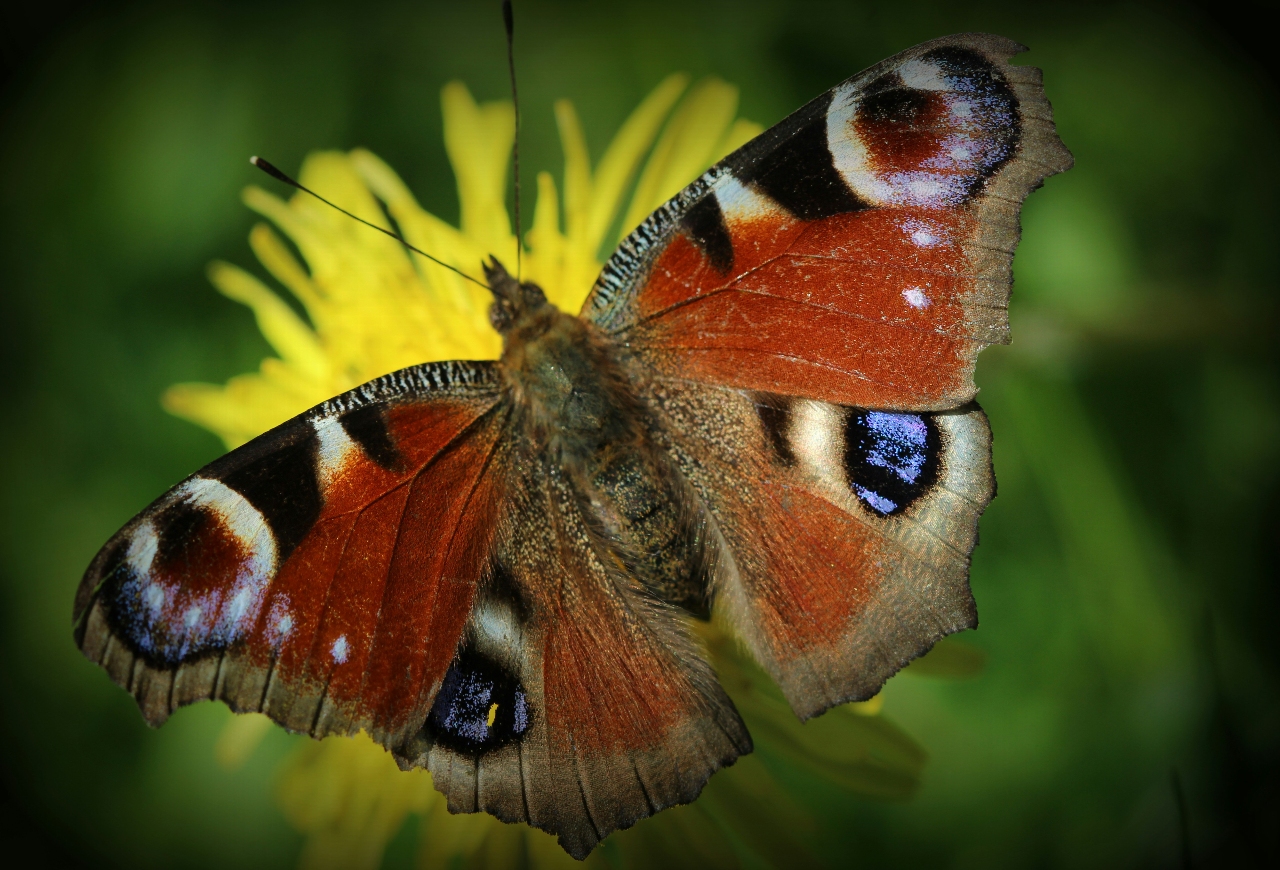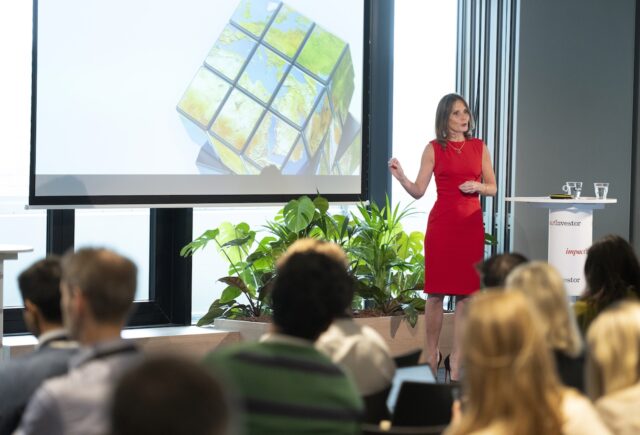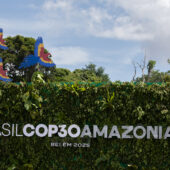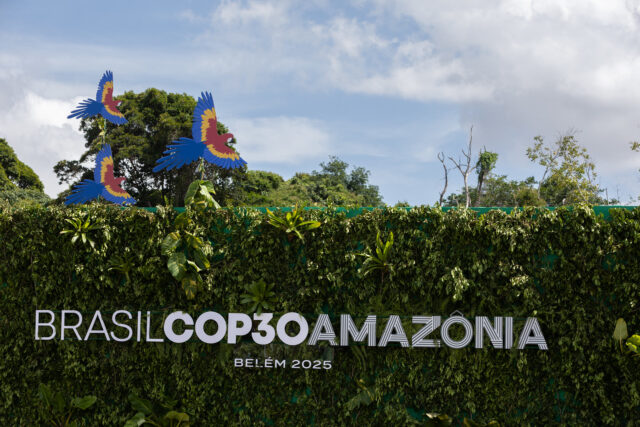The global nature intelligence company has partnered with Brazilian R&D institution Firjan SENAI to bring its biodiversity monitoring approach directly to Brazil.

NatureMetrics, a UK-based nature intelligence company, has launched a biodiversity monitoring lab in Brazil in partnership with Firjan SENAI, a Brazilian research and development institution.
The launch brings NatureMetrics’ environmental DNA (eDNA) and data biodiversity monitoring directly to Brazil.
Speaking to Impact Investor about eDNA’s capabilities, Juliet Jones, chief science officer at NatureMetrics said: “The key thing about eDNA is that it is hugely sensitive and accurate, allowing us to measure all the species in an ecosystem.”
NatureMetrics provides biodiversity insights and solutions to more than 600 clients in over 110 countries. The firm collects and analyses tiny traces of DNA found in water and soil samples to identify every type of organism within an ecosystem.
Biodiversity in Brazil
Brazil is one of the 17 megadiverse countries and is estimated to host 15% to 20% of the world’s biological diversity.
In 2024, the Amazon biome experienced its highest loss since 2016, with a 110% increase over 2023 levels, with fires accounting for about 60% of tree-cover loss.
“Brazilian communities and conservation initiatives have protected extraordinary biodiversity for generations, something we all depend on,” said Dimple Patel, CEO of NatureMetrics. She said the firm is equipping corporations with the tools they need to follow suit.
“As COP30 brings global focus to Brazil, the question isn’t whether business and biodiversity can coexist — it’s whether we have the data infrastructure to make that coexistence successful. That’s what we’re committed to building in Brazil.”
OceanPact
Separately, NatureMetrics is partnering with Brazilian maritime services company OceanPact to combine commercial and operational strengths in advancing nature intelligence across the region. Together with an ocean-focused NGO, Instituto Mar Urbano, the partners are launching a sailing expedition from Rio de Janeiro to Belém ahead of COP30.
Along the route, scientists will collect eDNA samples to assess ocean biodiversity, with the resulting data shared with local NGOs and communities to support and strengthen their conservation efforts, while also feeding into higher-level decision-making by companies, regulators, and investors.





